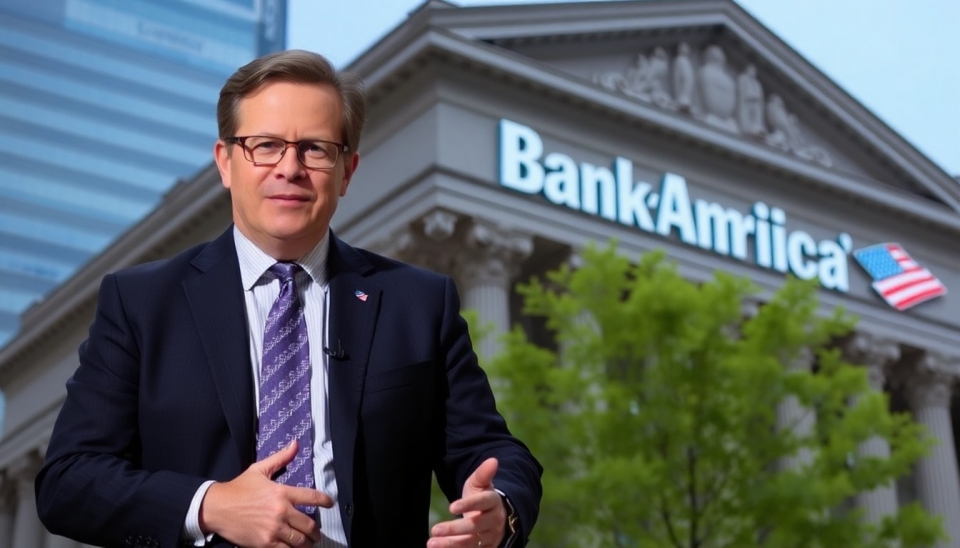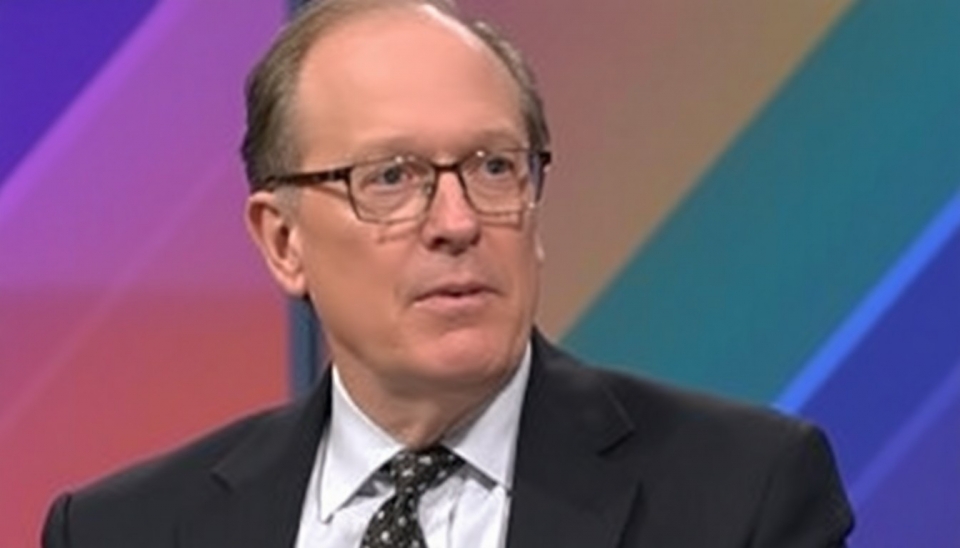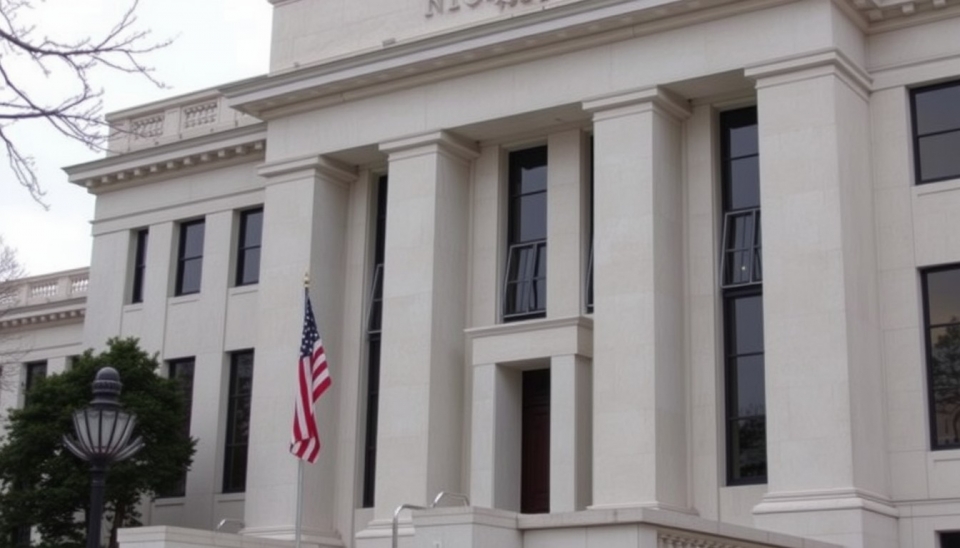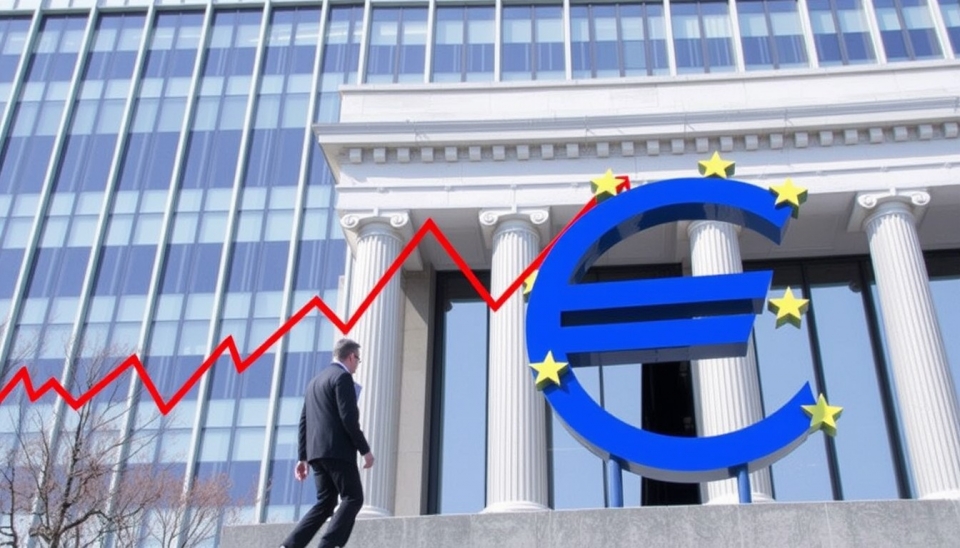
CEO Bank of America Brian Moynihan Predicts No Interest Rate Cuts in 2023
Bank of America CEO Brian Moynihan expressed confidence that there will be no cuts in interest rates in the current year of 2023. During a recent interview, he noted that the economic environment in the country remains challenging, and it is expected that the Central Bank will continue to adhere to a tight monetary policy. According to him, rising inflation and complicated supply chains leave little basis for lowering rates in the near future.
Continue reading
Federal Reserve’s Interest Rate Decisions and Trump’s Economic Policies: A Critical Intersection
Recently, the Federal Reserve (Fed) of the United States decided to maintain interest rates at a level that significantly impacts the economic situation in the country. This decision has become a topic of discussion among economists, financial analysts, and politicians, particularly in the context of upcoming elections and the policies of former President Donald Trump.
Continue reading
Mortgage Rates Decrease: Lowest Levels Since October
In the last two weeks, mortgage rates have continued to decline, reaching levels not seen since October. Data from Freddie Mac shows that the average rate for a 30-year fixed mortgage is at 7.12%, which is 0.06% lower than the previous week's figure.
Continue reading
Larry Fink Predicts the Fed Will Not Cut Interest Rates Much, Warns of Embedded Inflation
BlackRock CEO Larry Fink has expressed the view that the Federal Reserve (Fed) does not plan to significantly lower interest rates in the near future. In a recent interview, he noted that some overly optimistic expectations among analysts and investors may be misguided, as the Fed remains cautious in its actions.
Continue reading
El-Erian Confident in Inflation Decline But Warns of Rising Prices
PIMCO's Managing Director and economist Mohamed El-Erian stated that the current economic situation shows positive trends in interest rates and inflation. However, he emphasized that a rapid decline in consumer prices is unlikely.
Continue reading
Federal Reserve Decides to Keep Interest Rates Unchanged
In its recent meeting, the Federal Reserve (Fed) decided to maintain its key interest rates at the current levels, a move that was anticipated by the financial markets. This event occurred amid growing attention to economic stability and inflation in the country.
Continue reading
Potential Acceleration of ECB Rate Cuts: Centeno's Opinion
In a recent interview with Politico, European Central Bank (ECB) board member Pedro Centeno expressed that the ECB may be forced to accelerate the process of lowering interest rates. This comment comes amid growing concerns about the state of the eurozone economy and its potential impact on inflation.
Continue reading
A New Normal: Fed Rates May Stabilize Between 4-5%
At a recent Carlyle Group meeting, Thomas Landry, a prominent economist at the firm, made an unexpected statement regarding the future of the United States Federal Reserve interest rates. He suggested that rates in the range of 4-5% may become the new normal for an extended period. This information has drawn significant attention from investors and economists, as interest rates serve as a primary indicator of economic activity in the country.
Continue reading
South African Inflation Dips Below Target Ahead of Rates Call
Recent data has shown that inflation levels in South Africa have dipped below the established target range, marking a significant moment ahead of the upcoming meeting of the central bank to set interest rates. According to the latest reports, the inflation rate in the country stood at 4.7%, falling short of the 6% target rate. This decline comes amid ongoing economic challenges, and analysts predict it could influence regulators' decisions regarding interest rates.
Continue reading
Danish Central Bank Set to Cut Rate in Response to ECB Actions
The Danish central bank is poised to lower its key interest rate, as economists suggest, in order to align with anticipated changes from the European Central Bank (ECB) in the coming weeks. This decision is driven by the need to adapt to the economic conditions in the eurozone, where the ECB is likely to implement monetary easing measures to support a slowing economy.
Continue reading